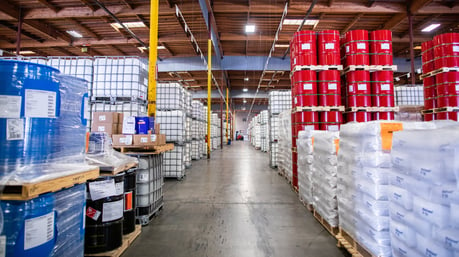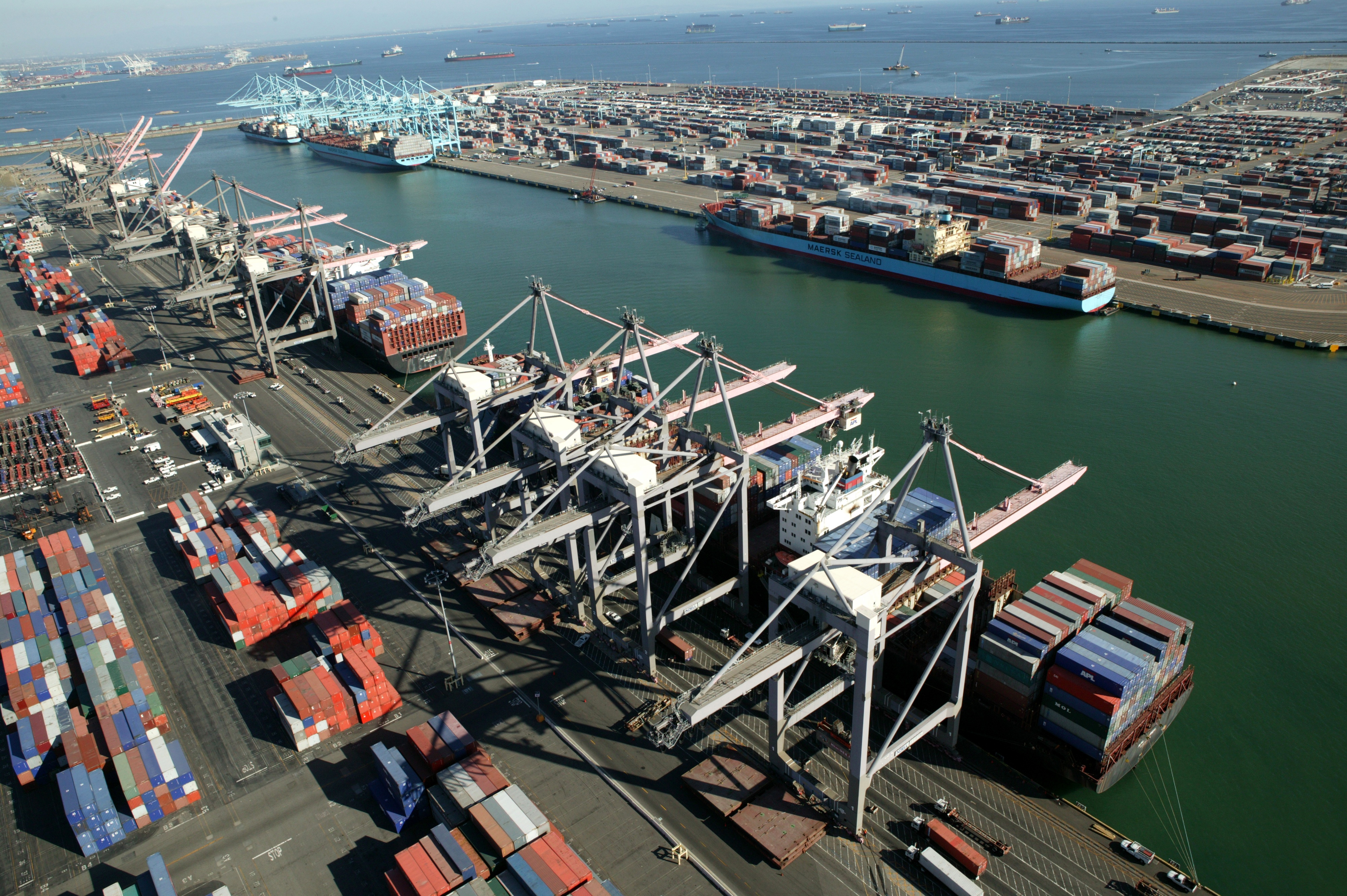If you are a chemical company seeking third-party logistics support, you’ll want to do a careful evaluation. There are many liability and safety risks associated with hazardous material storage and shipping. This is particularly true in the heavily regulated California market.
 The density of customers in West Coast markets requires chemical product manufacturers to maintain a local inventory. So, when choosing a logistics company to handle chemicals, how can you tell an experienced, capable company from one who simply claims to have a capability? The following are some suggestions.
The density of customers in West Coast markets requires chemical product manufacturers to maintain a local inventory. So, when choosing a logistics company to handle chemicals, how can you tell an experienced, capable company from one who simply claims to have a capability? The following are some suggestions.
Look for experience handling the class of chemicals you market. 3PLs that handle one class of chemicals are not necessarily qualified to handle others. For instance, non-regulated chemicals do not require the same stringent chemical warehousing procedures as flammables, oxidizers, explosives, corrosives, and other hazmat substances.
Limit transportation miles. With chemicals, fewer miles are better. For one, hazardous chemical transportation is dangerous, and more miles means more risk. Secondly, transporting chemicals is expensive. Finding a provider that is centrally located to efficiently reach your customer base will reduce your costs and risk.
Dig into the experience of key personnel. Ask about the chemical logistics experience of those supervising and operating your business. These people should be advising you - not the other way around – on regulations, paperwork and operating procedures. How deep does the provider’s training program go? Some 3PLs train only top-level associates instead of doing regularly scheduled training for all workers who touch the account.
Ask to see a copy of the provider’s Environmental, Health and Safety Plan, which should include details on the training program. If transportation management is part of the solution, make sure the provider is well-versed on the regulatory requirements for packing and shipping for all relevant modes of transport – IATA (air), IMDG (sea) or DOT (over the road).
For trucking services, understanding federal regulations is not enough since rules change as hazardous cargo crosses state lines. Bottom line: there is a significant level of detail and complexity involved in chemical logistics, and the provider’s training program should reflect this.
Choose a partner for present AND future needs. Too many Requests for Proposals ask only about a 3PL’s ability to address current needs. Instead, you should anticipate your needs well into the future and look for a partner that can satisfy these requirements to avoid the cost and risk involved in switching providers. For instance, today you may not be moving goods via rail, but you may want to exploit this lower-cost shipping option in the future. In that case, choosing a warehouse with a rail spur is smart planning.
Likewise, your need today might be for simple pallet in/pallet out storage and distribution. But what if future requirements involve, for instance, repackaging 50-gallon drums into ten 5-gallon pails? Can the provider handle the job? Does the provider even want to do this kind of work?
Look for a provider of integrated logistics services. You’ll find many candidates for chemical warehouse services and many for last-mile transportation. But the pool of chemical logistics providers that can integrate these services with seamless visibility to product at rest and in motion is much smaller. The advantages of integrating logistics services with
one provider include:
- Maintain the integrity of the product throughout the distribution cycle, including adherence to temperature control requirements.
- Create a closed loop supply chain by bringing reusable containers back to the warehouse after deliveries.
- Ease your management administrative burden by having a single point of contact.
Find out how active the provider is in industry groups. Environmental and safety regulations are constantly changing in the chemical industry. Providers need to remain active in industry groups to stay abreast of these changes. If they are not, it’s fair to question their commitment to serving chemical industry customers.
The Chemical Council of the International Warehouse Logistics Association, the National Association of Chemical Distributors, and the Warehousing Education and Research Council are just a few of the organizations that provide education on chemical storage and transportation practices.
For more information on aligning your operation with a chemical logistics provider, contact Weber Logistics today.





 Capital Management
Capital Management